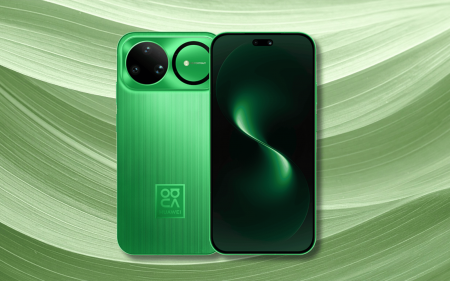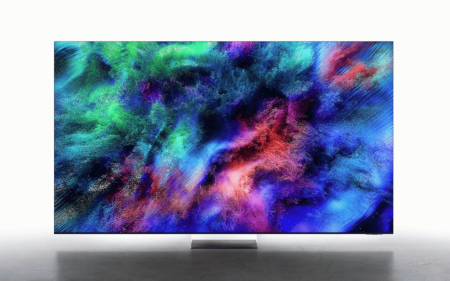Wow. After a charmed 21-year stratospheric run, gravity has finally caught up with Apple’s share price.
It has grown steadily since Steve Jobs took over in 1997, and became not only the most valuable listed company in the world, but the first to hit the unprecedented US$1-trillion mark last August.
Until last week. In a 1,400-word letter to investors, CEO Tim Cook that Apple was expecting a US$9bn revenue shortfall for its fiscal 2019 first quarter, which ended on December 29. Even though its expecting about $84bn in revenue, with gross margin of around 38%, it’s less than the previously announced $89bn to $93bn.
The market wiped 7.5% or $55bn off Apple’s share price on the day alone and columns like this have been flooding the internet.
“While we anticipated some challenges in key emerging markets, we did not foresee the magnitude of the economic deceleration, particularly in Greater China” Cook wrote.
Even though this is Apple’s first profit warning since 2002 and the first since it began making iPhones in 2007, it is what the market has been fearing and led to a selloff in emerging market currencies and affected global tech stocks.
Apple is still massively profitable and has a cash stockpile of $237bn but there is no pleasing Wall Street.
Cook’s blamed the slowdown in China’s economy – “the government-reported GDP growth during the September quarter was the second lowest in the last 25 years” – and the “further impacted by rising trade tensions with the United States”.
He also said “market data has shown that the contraction in Greater China’s smartphone market has been particularly sharp”.
The iPhone accounts for two-thirds of Apple’s revenue but even having sold over a billion iPhones, investors are worried that the company is too reliant on it. Apple’s key developed countries have saturated smartphone markets, even if “iPhone activations in the US and Canada set new Christmas Day records”.
Apple clearly has a China problem. Cook said lower than anticipated iPhone revenue, primarily in Greater China, “accounts for all of our revenue shortfall to our guidance and for much more than our entire year-over-year revenue decline”.
Apple has not only an iPhone problem but its competitors are getting better and better. And are also cheaper. The new range of iPhone XS, larger XS Max and cheaper XR are very expensive, while similar models in China are as much as half the price in yuan.
Last year Huawei overtook Apple to be the global and South Africa number two manufacturer. It had 25% of smartphone shipments in the third quarter of 2018 in China, according to research firm Canalys. Meanwhile, home-grown brands like Vivo, Oppo and Xiaomi are going strong, with Apple only fifth.
There’s more bad news. Even though “services generated over $10.8bn in revenue during the quarter,” Netflix said it will no longer take payments through iTunes, which Apple charges a 30% fee. That’s an estimated $256m, which Netflix paid over last year according to TechCrunch, that Apple might lose out on.
But as Cook told investors: “we are confident and excited about our pipeline of future products and services. Apple innovates like no other company on earth, and we are not taking our foot off the gas”.
It already looks like 2019 is going to be a wild ride.
This column first appeared in Financial Mail




